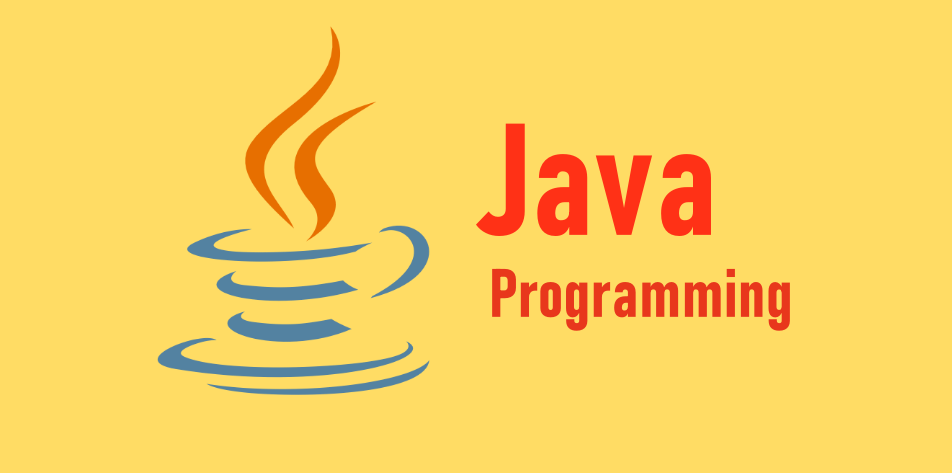Java Performance Optimization: Strategies for Writing Faster and Efficient Code
In the world of software development, writing efficient and high-performance code is crucial for delivering exceptional user experiences. When it comes to Java, a widely-used programming language, optimizing performance is essential to ensure applications run smoothly and respond promptly. In this comprehensive guide, we will delve into the strategies, techniques, and best practices for Java performance optimization, offering insights based on experience and industry expertise.
Java Performance Optimization: Strategies for Writing Faster and Efficient Code encompasses a range of practices aimed at enhancing the execution speed, memory usage, and overall efficiency of Java applications. By employing these strategies, developers can create software that not only meets performance expectations but also delights users with its responsiveness.
Key Strategies for Java Performance Optimization
1. Profiling and Benchmarking
Profiling and benchmarking are essential starting points for Java performance optimization. Utilize tools like Java VisualVM and JMH (Java Microbenchmarking Harness) to identify performance bottlenecks, memory leaks, and areas for improvement.
2. Efficient Data Structures
Choosing the right data structures can significantly impact performance. Opt for data structures like ArrayList, HashMap, and HashSet, which offer efficient search, insertion, and retrieval operations.
3. Multithreading and Concurrency
Leverage Java’s multithreading capabilities to achieve parallelism and improved responsiveness. Use synchronized blocks, locks, and concurrent collections to manage thread interactions effectively.
4. Just-In-Time Compilation (JIT)
Understand how JIT compilation works and its impact on code execution. JIT compiles bytecode into native machine code, enhancing performance by allowing the JVM to make runtime optimizations.
5. Memory Management
Efficient memory usage is critical for performance. Use tools like Java Memory Analyzer (MAT) to identify memory leaks and optimize object creation, destruction, and garbage collection.
6. Cache Utilization
Optimize cache utilization by employing techniques like caching frequently accessed data, utilizing the L1, L2, and L3 cache hierarchy, and minimizing cache misses.
7. Algorithmic Efficiency
Choose algorithms with optimal time complexity for different operations. For instance, use quicksort for sorting large datasets and binary search for efficient retrieval.
8. Lazy Initialization
Implement lazy initialization to defer the creation of objects until they are needed. This can reduce startup time and memory usage.
9. Minimize I/O Operations
Reducing I/O operations, such as file reads and database queries, can lead to significant performance gains. Utilize buffered I/O streams and connection pooling.
10. Use of Native Code
Integrate native code libraries using Java Native Interface (JNI) for tasks requiring low-level system interactions, such as graphics rendering and hardware control.
Best Practices for Java Performance Optimization
Optimize Loops
Loops are fundamental in programming, and optimizing them can yield substantial performance improvements. Minimize loop iterations and avoid unnecessary computations within loops.
String Manipulation
String concatenation can be resource-intensive due to object creation. Instead, use StringBuilder or StringBuffer for efficient string manipulation.
Connection Management
When working with databases or network connections, ensure proper connection pooling to reduce overhead and latency.
Exception Handling
While exceptions are crucial for error handling, excessive exception throwing can impact performance. Use exceptions judiciously and avoid catching generic exceptions.
Regular Expression Efficiency
Regular expressions can be computationally expensive. Optimize regex patterns and limit their usage when possible.
Code Reviews and Refactoring
Regular code reviews and refactoring can help identify performance bottlenecks and improve code efficiency. Collaboration among developers is key.
Frequently Asked Questions (FAQs):
How does profiling help in Java performance optimization?
Profiling tools analyze the runtime behavior of your application, identifying performance bottlenecks and areas for improvement. By understanding where your code spends the most time, you can target optimizations effectively.
What is the significance of JIT compilation?
Just-In-Time (JIT) compilation transforms Java bytecode into native machine code at runtime. This enables the JVM to apply performance-enhancing optimizations, resulting in faster execution.
Can multithreading improve Java application performance?
Yes, multithreading allows for parallel execution of tasks, which can enhance responsiveness and overall performance. However, proper synchronization and management of threads are essential to avoid issues like deadlocks.
How can I manage memory effectively in Java?
Tools like Java Memory Analyzer (MAT) can help identify memory leaks and inefficient memory usage. Additionally, practicing good memory management practices, such as object pooling and garbage collection optimization, can improve efficiency.
Why is algorithmic efficiency important for Java performance?
Efficient algorithms minimize the time complexity of operations, leading to faster execution. Choosing the right algorithm for specific tasks can significantly impact overall application performance.
Is there a balance between code readability and performance optimization?
Yes, maintaining code readability is crucial for collaboration and maintenance. However, optimization techniques like using efficient data structures and minimizing unnecessary computations can improve performance without sacrificing readability.
Conclusion:
Optimizing Java performance is an ongoing journey that requires a deep understanding of the language’s nuances and the underlying hardware. By implementing the strategies and best practices outlined in this guide, developers can create Java applications that excel in terms of speed, responsiveness, and resource efficiency. Remember, a combination of profiling, algorithmic efficiency, memory management, and careful design choices can lead to remarkable performance gains in your Java projects.
SOURCEBAE: Hire Java Developers






